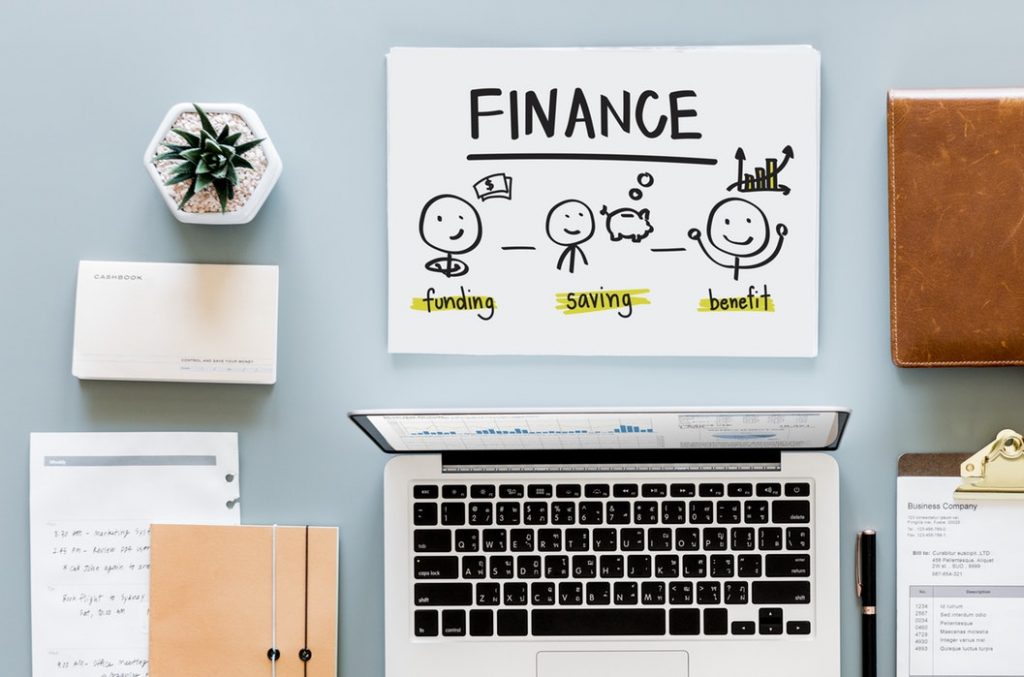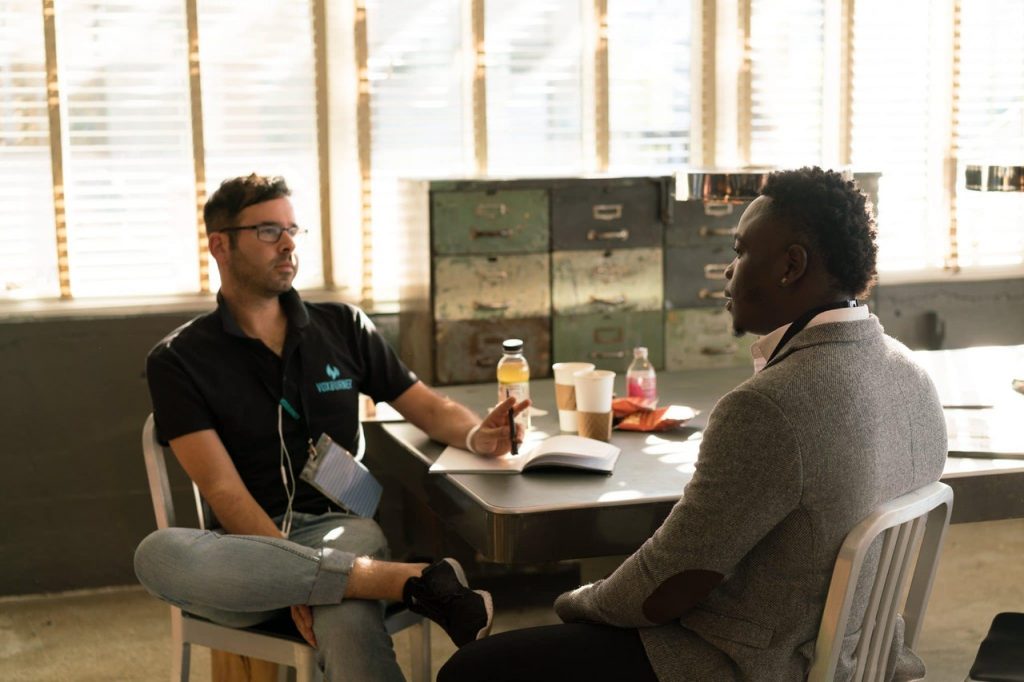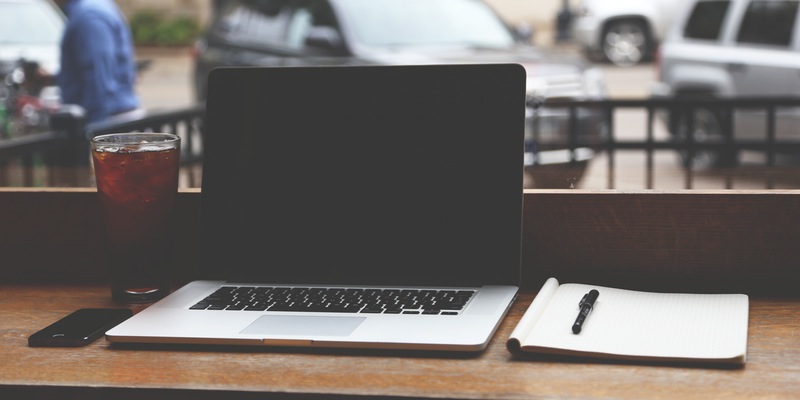“You just want to be yourself at the interview, the best of yourself” – An interview about interviews
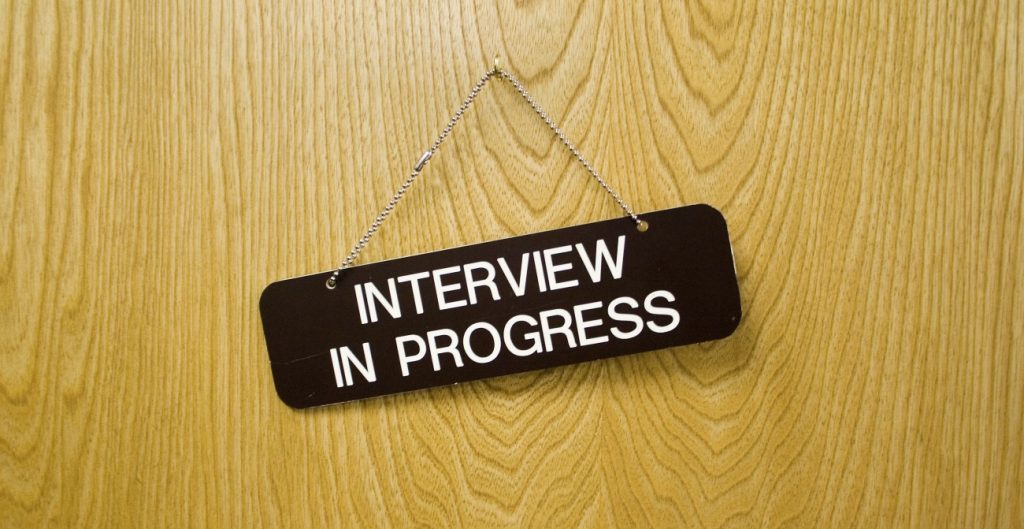
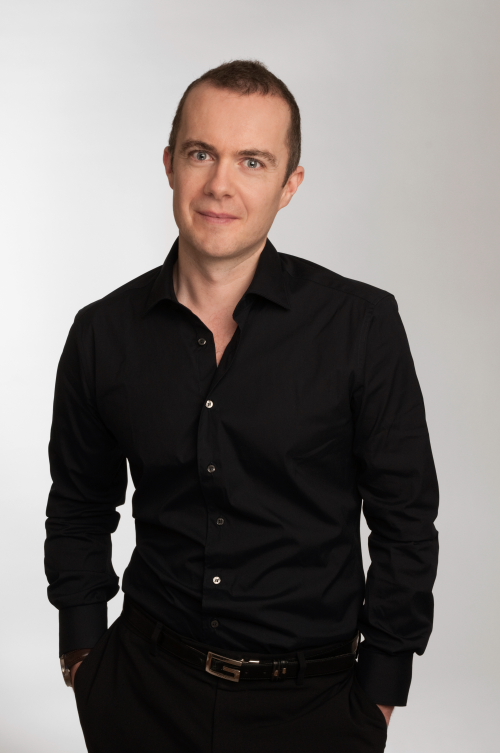
Nobody doubts the importance of performing well at interviews. This is your chance to get a new and even better job! We asked career expert James Sweetman everything you need to know about the perfect interview. Let’s take a look at what he has to say about this all important first chat with your future employer.
1. How long have you been in the ‘interview business’?
I’ve been working as a business and personal coach for ten years and a large part of my work has always been helping people prepare for interview, whether that is someone interviewing for their first job, or an experienced professional going for a senior position. In previous roles I interviewed many people for many different jobs. I’ve also consulted with companies helping them with their recruitment process, so I’m very familiar with interviews from both sides of the table.
2. How did you perform in your own first interview and what did you learn from it?
That’s a long time ago. My first serious interview was for the position of claims clerk in an insurance company back in the late 80s. The one thing I remember was a spelling test, this was back before spell check! Spelling was never my strong point and I think I only got seven out of ten right. But I must have done ok because I was offered the job.
3. Are there any quick fixes against stress before the interview?
There is an entire chapter in my book ‘How to Excel at Interviews’ devoted to this topic, it’s one that people can really identify with.
The first thing to do is to remember to breathe, to breathe more deeply. When we are nervous we will breathe high and fast in our chests and this usually means we will also speak faster, which is not good at an interview. Breathing more deeply will paradoxically relax us and keep us alert, as more oxygen is going to the brain.
The second tip is to realise that you are only nervous because you care about the interview; you are emotionally invested in it. If you weren’t a little nervous you would probably be complacent. Lastly, ask yourself what is the worst that can happen? When we look head on at what we are nervous about, it will lose its power over us.
4. What is essential when preparing for an interview?
As I say in the book, preparation starts by knowing your strengths, the positive skills and attributes you want the interviewers to know about you. Your strengths are the building blocks for many interview answers, for example, how would you add value in this role, or why should we hire you. It is difficult for interviewers to know your strengths, if you don’t know them!
5. What does the interviewer expect from a candidate?
The purpose of an interview from the interviewer’s perspective is to gather information so they can make an informed decision as to whether or not you are the right person for the role. So your job, as the candidate, is to communicate the evidence the interviewer needs to make their decision, hopefully in your favour. So at minimum the interview expects the candidate to be communicative. Interviewers also expect candidates to come to the interview prepared, that they have done some research about the company and that they are able to speak about why they want the job.
6. What common interview mistakes do most candidates make?
Mistake may not be the right word, perhaps misplaced perception is the phrase I would use. Many candidates go to an interview with the misplaced belief that interviewers are trying to catch them out. This is not the case. Interviewers are just trying to learn about the candidates so they can make their decision. As I say to all my interview coaching clients, you just want to be yourself at the interview, the best of yourself, because you want to be hired for who you are, not for some role you acted during the interview.
7. What is most important when it comes to your body language?
Again there is a lot of information and tips in the book on body language, but here are two quick tips. Make sure your back is against the back of the chair at the interview, this will ensure you are sitting up straight. Many people are unsure as to what to do with their hands; a good default position is to have them loosely clasped in front of you.
8. What is your advice for those who are unsure about what to wear for an interview?
You want to look like someone who could just walk into the role, so let the organisational norm be your guide. As a general rule err on the side of formal rather than informal. Equally you don’t want any aspect of your dress to distract from the quality of your answers. If an interviewer thinks someone looks less than professional in their attire, they will link this to a lack of professionalism in their approach to work.
9. What about the classic “what is your biggest flaw? biggest quality?” question? Any tips?
As I say in the book, the real reason an interviewer is asking you about your ‘biggest flaw’ or your ‘biggest weakness’ is to determine how self aware you are. The best way to answer it is to speak about an area that you feel is not a strength yet, but to emphasise what you are doing to improve it. As regards your ‘best quality’ that is easier, just select your top strength, the one thing you really want the interviewer to know about you.
10. What is the strangest interview situation you’ve encountered?
There have been a few, but one that pops to mind is many years ago when I was interviewing a candidate for a job. He was wearing bowling shoes, those red and blue two-toned shoes you hire when at a bowling alley. And the job wasn’t in a bowling alley! I asked him about them and he said he couldn’t find his good shoes that morning and that they were his only option. I think the lesson for him was one of preparation and planning ahead.
James Sweetman is an Executive Coach and Trainer based in Dublin Ireland. ‘How to Excel at Interviews’ is his third book. More information on James and his services is available at www.jamessweetman.com
You can also download Sweetman’s free career eBook “How to Excel at Interviews” right here.
